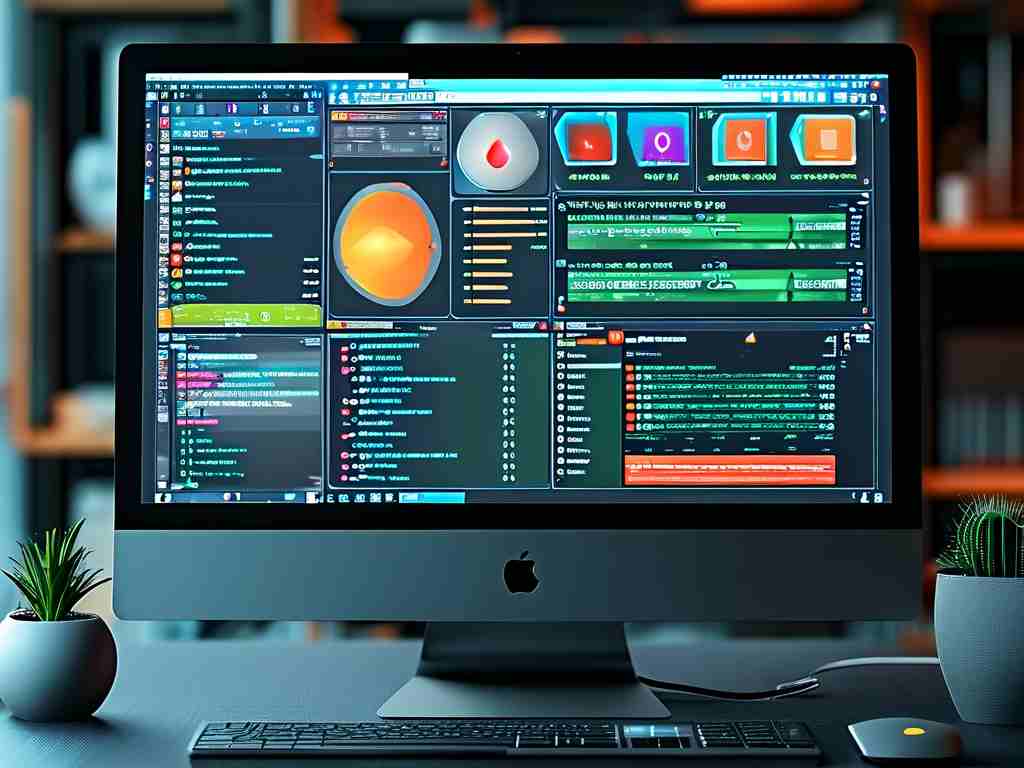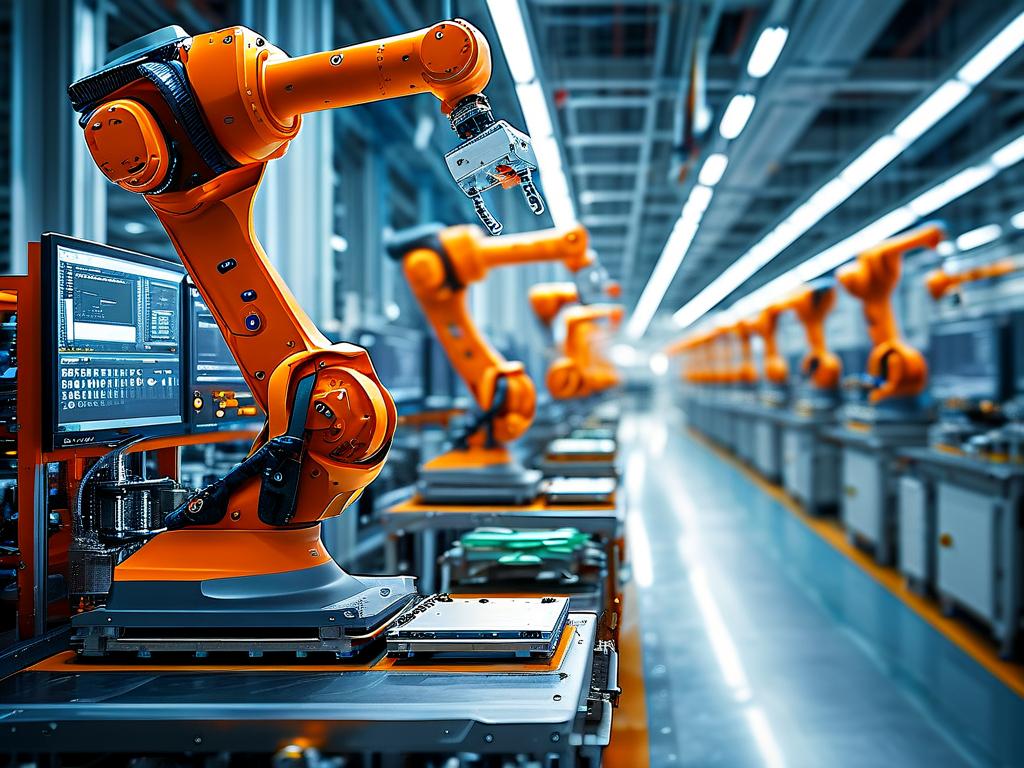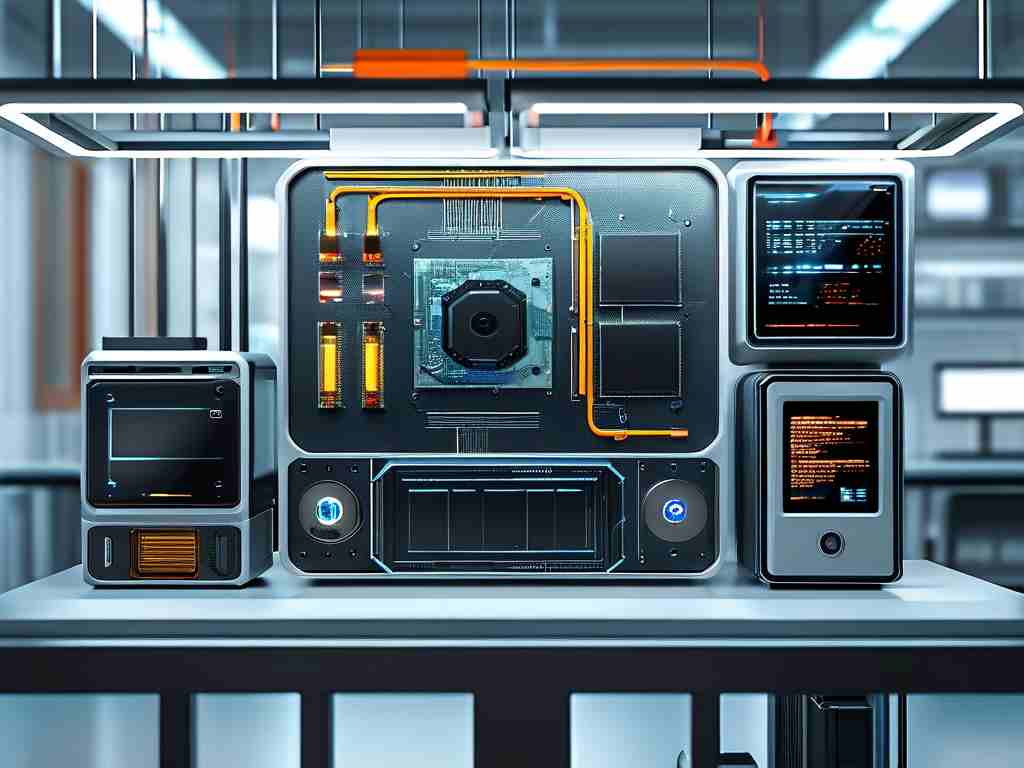Embedded development in Suzhou, a hub for advanced manufacturing and IoT innovation, demands a specialized skill set to thrive in its competitive tech landscape. Whether you’re a newcomer or an experienced engineer, understanding the core competencies required can shape your career trajectory. This article explores the critical technical and practical skills needed for embedded systems development in Suzhou.

1. Proficiency in C/C++ Programming
Embedded systems rely heavily on low-level programming languages. C remains the backbone of firmware development, while C++ is increasingly used for complex applications. In Suzhou, companies developing IoT devices or industrial automation tools prioritize developers who can write efficient, memory-optimized code. For example, debugging a sensor driver for a Suzhou-based smart factory project often requires direct register manipulation—a task only feasible with C.
2. Hardware Architecture Knowledge
Understanding microcontrollers (MCUs) and System-on-Chip (SoC) designs is non-negotiable. Suzhou’s embedded sector often uses ARM Cortex-M series or RISC-V processors. Familiarity with peripherals like GPIO, UART, and SPI ensures seamless hardware-software integration. A local robotics startup recently highlighted the need for engineers who can configure STM32 MCUs to control motor drivers—a common requirement in Suzhou’s automation projects.
3. Real-Time Operating Systems (RTOS)
RTOS expertise is critical for multitasking systems. FreeRTOS and Zephyr OS are widely adopted in Suzhou’s automotive and medical device industries. Developers must grasp thread scheduling, inter-process communication, and resource management. For instance, a Suzhou medical equipment firm recently sought engineers to optimize FreeRTOS tasks for a portable diagnostic device, emphasizing latency reduction.
4. Circuit Design and PCB Layout
Embedded developers in Suzhou often collaborate with hardware teams. Basic circuit design skills and PCB layout tools like Altium Designer or KiCad are valuable. A local smart home company shared how debugging a Wi-Fi module’s signal integrity issue required embedded engineers to analyze schematic diagrams and propose layout adjustments.
5. Communication Protocols
Mastery of protocols like I2C, CAN, and Modbus is essential. Suzhou’s industrial automation sector relies on CAN bus for machinery communication, while IoT projects use MQTT or LoRaWAN. A case study from a Suzhou logistics automation firm showed how implementing a custom Modbus parser reduced data packet errors by 40%.
6. Debugging and Testing Tools
Proficiency with oscilloscopes, logic analyzers, and JTAG debuggers separates competent engineers from novices. Suzhou employers value hands-on experience with tools like Segger J-Link or Lauterbach Trace32. One engineer recounted using a Saleae logic analyzer to diagnose a timing mismatch in a Suzhou-developed HVAC control system.
7. Industry-Specific Knowledge
Suzhou’s embedded market spans automotive, healthcare, and AIoT. Learning domain-specific standards—such as AUTOSAR for automotive or ISO 13485 for medical devices—enhances employability. A local electric vehicle manufacturer recently required engineers with AUTOSAR experience to develop battery management systems.
8. Soft Skills and Collaboration
Embedded projects in Suzhou often involve cross-functional teams. Clear communication and Agile methodologies are vital. A project lead at a Suzhou IoT company noted that engineers who document code rigorously and participate in sprint planning consistently deliver better outcomes.
9. Local Ecosystem Engagement
Suzhou hosts tech meetups and workshops at venues like Suzhou Industrial Park. Attending events or collaborating with Suzhou University’s embedded labs provides networking and learning opportunities. Many employers view community involvement as a marker of proactive skill development.
In , embedded development in Suzhou requires balancing technical depth with industry awareness. By mastering these skills and engaging with the local tech community, developers can position themselves at the forefront of Suzhou’s innovation-driven economy.









